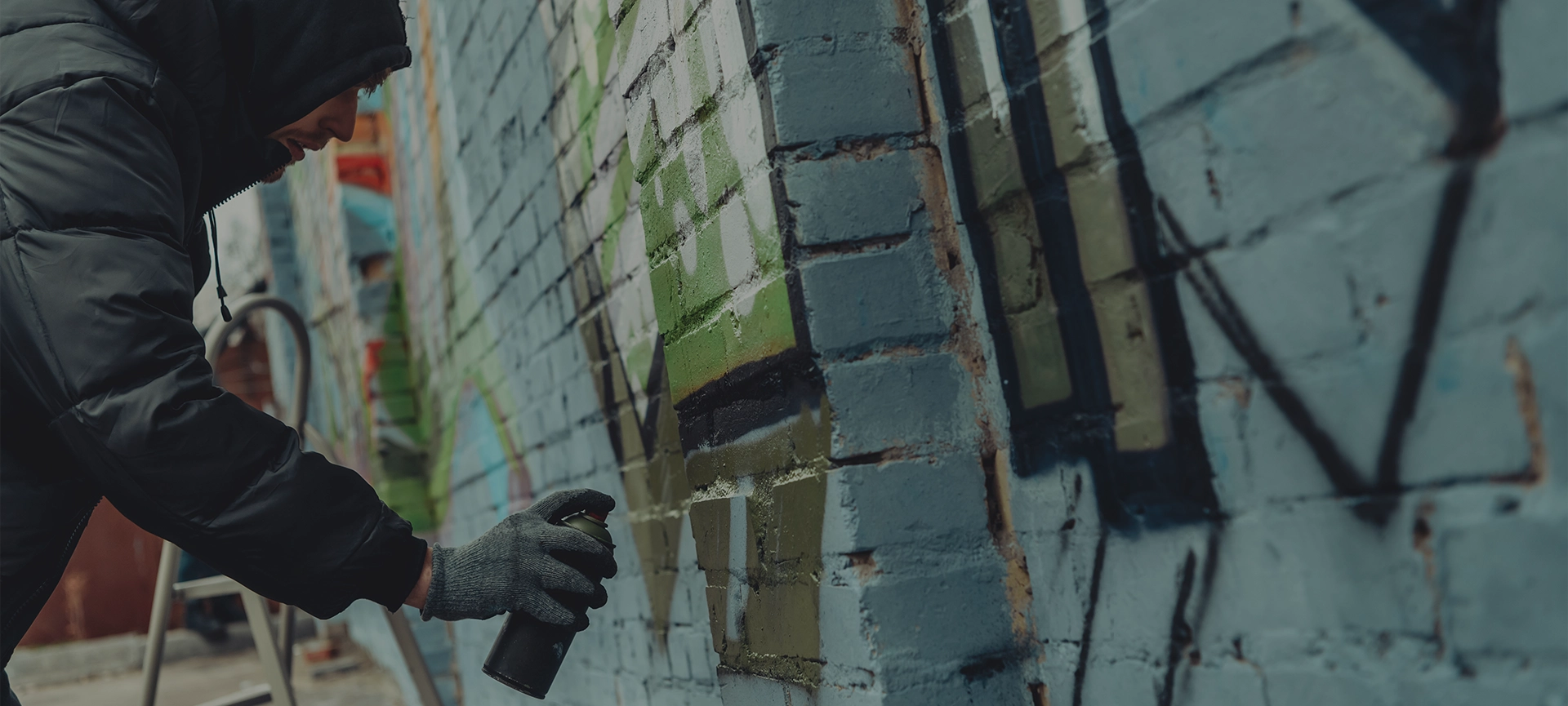It’s hardly a secret that Ontario Premier Doug Ford and his Attorney General, Doug Downey, have been relentless in their efforts to imprint their ideological beliefs onto the justice system.
Since assuming office in 2018, Ford has poured money into law enforcement and Crown prosecutors like there’s no tomorrow. And while law enforcement and prosecutors are enjoying a veritable feast, Ford, reminiscent of Marie Antoinette, has chosen to slash over $130 million in funding for community legal clinics, legal aid certificates, and social programs – all of which play a critical role in ensuring that the most vulnerable individuals in Ontario receive equitable access to justice.
As for Downey, he’s been rather forthright about his intention to steer Ontario’s court system decidedly to the right. In 2019, he appeared on TVO’s “The Agenda” with Steve Paikin and openly stated his desire to select judges who share his values. Moreover, he took tangible steps to enact that vision, leading efforts to modify the rules to grant himself greater authority over judicial appointments.
So, how has Downey wielded this newfound power? If you examine his track record for appointing judges, it’s almost as if he’s following a secret recipe: Want to secure a judgeship? Step one, be a former cop or prosecutor. That’s it.
Since 2019, Downey has appointed 90 judges to the Ontario Court of Justice. Astonishingly, over 70 percent of these appointments have been drawn directly from the ranks of provincial or federal prosecutors. An additional 15 percent were plucked from lawyers with backgrounds in various governmental sectors or those practising family or civil law. A meagre less than 15 percent share were lawyers specializing in criminal defence.
But Downey’s influence doesn’t end there. He has also named 125 new Justices of the Peace during the same period. Many of these appointments – nearly a third – went to individuals with law enforcement backgrounds, most former cops.
To be fair, I once raised a similar concern regarding the previous government’s appointments under then-Attorney General Yasir Naqvi. However, in that case, we were dealing with a relatively small number of judicial appointments, making it more of a minor concern than a significant issue. And I must give credit where it’s due; Naqvi, upon highlighting the imbalance, promptly initiated a discussion about the perils of skewed appointments. By the end of his tenure, Naqvi had achieved a near-even split between Crown prosecutors and defence counsel among his judicial appointments.
Yet, with Downey, we’re not merely confronting a minor hiccup; we’re facing a full-fledged systemic problem. And it’s our justice system that’s bearing the brunt of the consequences.
Don’t get me wrong – Crown attorneys can indeed make excellent judges. Some of my favourite judges are former Crown attorneys who have proven exceptionally intelligent, fair, and compassionate. Nevertheless, the statistics cast a dark shadow on what should be a rigorous and impartial judicial appointment process. Given the Ford government’s track record of favouring patronage appointments – often preferring wedding guests, political donors, and family friends overqualified candidates – it’s a cause for concern for us all.
The justice system is not an infallible divine creation nor the inevitable endpoint of a march to perfection. Instead, it’s a system whose strength and success are inextricably linked to public trust and collective dedication. Downey’s apparent preference for seemingly law and order appointments erodes that trust.
A diverse judicial bench benefits us all. On the other hand, the exclusion of defence counsel from the judiciary does real damage. Defence counsel understand the challenges of private practice – the extra work, demanding clients, and meagre legal aid compensation. In our day jobs, we act as social workers and mental health and addiction treatment facilitators, and we have intimate experience with marginalized community members. Judges previously acting as defence counsel aren’t inherently more compassionate or intelligent than their peers plucked from the Crown’s office. However, we do possess firsthand experience that Crown attorneys almost always lack.
In an era of overflowing court dockets, where each adjournment could lead to significant cases being dismissed, judges with firsthand experience managing retainer delays, unrepresented defendants, and challenging clients all bring a unique and necessary perspective to the bench.
For our justice system to genuinely embody justice, our judicial ranks must reflect diversity in race, religion, and perspective – and that means that being a cop or prosecutor shouldn’t always tip the appointment scale.
Downey may want to reshape Ontario’s judiciary in his image, but the strength of our justice system lies in its diversity, not an ideologically driven institutional uniformity.





